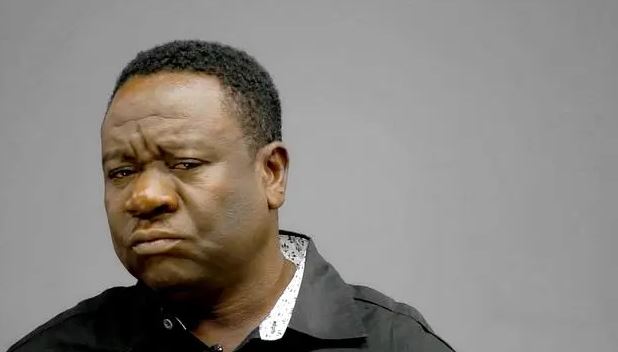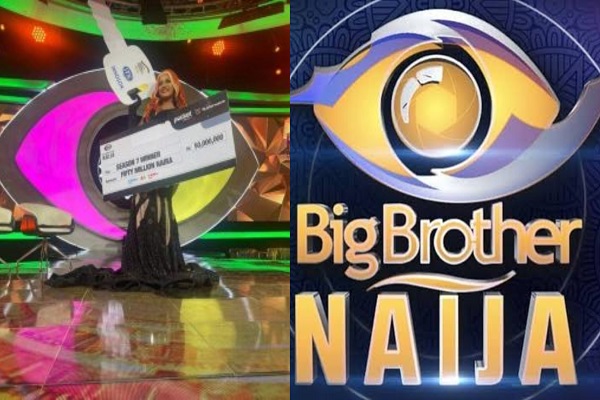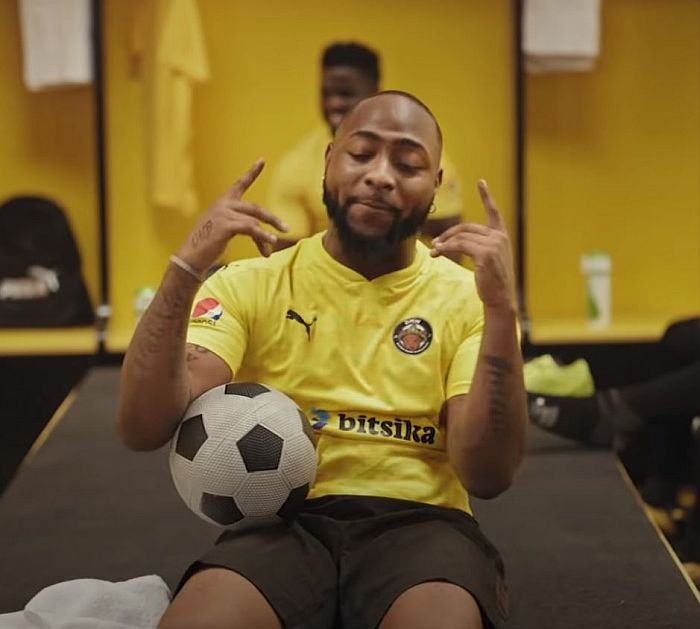For years I wanted to be invisible – now I smile when people stare, I want others like me to know they’re beautiful too
AFTER being badly burned aged two, Melanie Grimsley, 36, grew up longing to be like everyone else.
Here, the mum of two reveals how she overcame PTSD and learned to love herself.
Standing in the queue at the supermarket checkout, I could feel everyone’s eyes on me.
Several children were staring and the customer beside me was avoiding eye contact. Minutes earlier, a woman had told me she was very sorry for my troubles.
I knew she was only trying to be kind, but I didn’t want to pour my heart out in the middle of Sainsbury’s – I just wanted to go about my shopping like everyone else.
In April 1988, when I was two, the course of my life was altered forever.


We’d been out running errands in our hometown of Enniskillen, Northern Ireland, and my mum decided to nip into a shop to buy some milk, leaving me and my big sister Amanda, who was eight days shy of her third birthday, in the car with the windows slightly open.
To this day, nobody knows what caused the car to burst into flames. Hearing the commotion, my mum dashed out to find her car ablaze and her two toddlers trapped inside.
I don’t remember anything about the fire, nor do I recall being rushed to hospital with third-degree burns to my face, head, chest and arms.
My hands were so badly charred that I lost most of my fingers. I don’t have any memories of Amanda, who tragically died that day. I have no idea how or why I survived and she didn’t.
What I do remember are the many years of painful treatments, skin grafts and operations that punctuated my childhood.
One of my first memories is lying on an operating table, screaming in pain and fear as I was held down and a mask put over my face to send me to sleep for yet another procedure.
When I was a young child, I was conscious of people looking at me. Other children would stare in the park and say: “Look at her ugly face.” I desperately wanted not to be noticed and to just fit in, but I couldn’t.
When I was a teenager, I went to an all-girls school and was surrounded by other teenagers who didn’t like how they looked.
It was the early Noughties and they all wanted to look like Britney Spears, but I couldn’t understand their insecurities – all I wanted was to look like them.
Still, my parents were my champions and they refused to hide me away. They encouraged me to live a normal life by going out with friends, going to the shops and swimming pool, and later pursuing relationships and a first-class honours degree in law.
I always tried to carry Amanda’s memory with me and honour the life she should have had, lighting a candle at the cathedrals of every new city I visited.
But for years I still wanted to be invisible, despite my achievements. My greatest wish was to look “normal” for a day, to know what it felt like to walk down the street without turning heads.
In 2005, I married my now-ex-husband and had two sons, Will, now 15, and Leo, 13.
I wrote a book about my experiences, called Beauty For Ashes and even travelled to India to work with acid-attack survivors.
After my marriage broke down, I met Ray, 53, on a dating app in 2017.
I hadn’t put any photos on my profile because I didn’t want to open myself up to the judgement of strangers online, but I’m quite well-known locally, so Ray knew what had happened to me.
We started dating and he’d always compliment me, telling me I was beautiful.
Two years later, in June 2019, Ray and I married in a small ceremony near our home, in front of close family and friends, before posing for photos on nearby Crawfordsburn beach in beautiful sunshine. It was one of the happiest days of our lives.
As time passed, I began to think about how society views people with visible differences.
The scars on my face aren’t a functional disability, but they do affect how I’m able to live my life because of how other people react to them.
In 2020, aged 34, I decided to do a Masters in law and access to justice, and my dissertation was on visible differences. I also started working as an advocate for the charity Changing Faces.
But what I hadn’t realised was how deeply my trauma was continuing to affect me. In October 2020, I was in Specsavers waiting for an eye test.
Covid restrictions were still tight and everyone was wearing masks and gloves, and staff had clear visors and plastic aprons.
Suddenly, I wasn’t in the opticians any more – I was back to being a terrified child, screaming in an operating theatre as masked nurses held me down.
Panicking, I left as quickly as I could. And that experience opened the emotional floodgates.
Over the next few months, I suffered panic attacks and severe anxiety from the moment I opened my eyes. Soon, even going to work was a struggle.
In March 2021, I sought help from a counsellor, who diagnosed me with PTSD and explained that, although I’d been too young to remember the fire, my body still remembered the trauma.
I’d been playing the role of the survivor for decades, and you can’t outrun your ghosts forever.
I realised I was constantly on edge – there was always an underlying fear. So I started yoga, began practising mindfulness and also found the simple act of dropping my shoulders and taking a few deep breaths incredibly powerful.
As the months passed, I started to feel better, though I still didn’t like to look at fire or feel trapped. In new places, I’d always look for the nearest emergency exit to feel safe.
Alongside my work as a paralegal, I began working as a motivational speaker, giving talks on my journey, resilience and looking after your mental health.
I also completed my Masters in September 2022.
There is still so much social stigma attached to those with visible differences, but I really want to challenge beauty ideals and stretch the concept of disability, and question our notion of “normal”.
Every day, I leave the house not knowing what reactions I’ll face. My teenage sons are conscious of people looking at me, too. Will can be quite protective.
Whenever he finds me fussing in front of the mirror, he always says: “Shut up, Mum, you’re beautiful.” It makes me laugh.
I’m always telling them not to criticise themselves – and nobody will quote you back to yourself more than your own children.
And that’s the message I want to give to others – especially at a time when women are obsessed with augmenting themselves and getting lots of cosmetic treatments, like Botox and fillers.
There’s so much pressure to look perfect, but where does that leave people?


Now, whenever I catch anyone staring at me, I give them the biggest smile, because smiles are the easiest way of creating a human connection.
Nine times out of 10, people smile back, especially children. For the first time in my life, I no longer want to be invisible – and I want others with visual differences to know that they are beautiful too.










